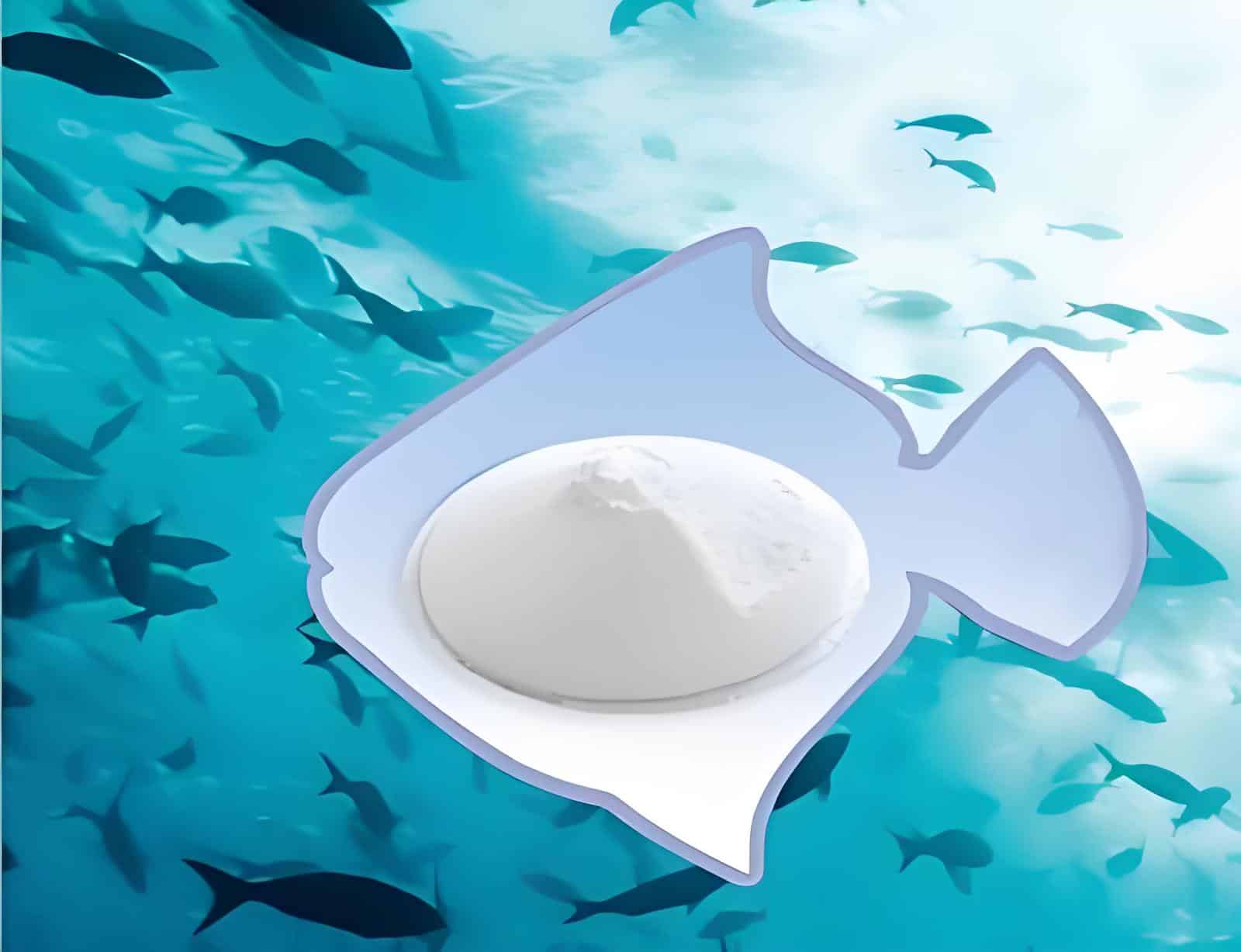In health supplements and skincare, fish collagen and oyster peptide have gained attention due to their potential benefits. Both are derived from natural sources and offer unique properties catering to different health and wellness aspects. This article dives into the origins, composition, benefits, and scientific support behind Fish Collagen and Oyster Peptide, providing insights to help you choose the right supplement for your needs.
Fish Collagen: Beauty and Beyond from the Sea
Understanding Fish Collagen
Fish Collagen is a type of collagen derived from fish’s skin, scales, and bones. Collagen is a vital protein in the human body, responsible for the structure and elasticity of skin, joints, bones, and connective tissues.
Production and Benefits
The process of extracting Fish Collagen involves breaking down fish by-products into smaller peptides through hydrolysis. These peptides are highly bioavailable, meaning they are easily absorbed and utilized by the body. Fish Collagen is renowned for its potential to improve skin hydration and elasticity and reduce the appearance of wrinkles when used in beauty supplements and skincare products.
Scientific Support and Effectiveness
Numerous studies support using fish collagen to promote skin health, enhance joint function, and support bone density. Research has shown that Fish Collagen supplementation can increase collagen density in the skin and improve markers of joint health by providing essential amino acids necessary for collagen synthesis.
Oyster Peptide: The Nutrient-Rich Elixir from the Sea
Introducing Oyster Peptide
Oyster Peptide is derived from oysters, a nutrient-dense mollusk known for its rich content of essential minerals, vitamins, and bioactive peptides. Peptides are short chains of amino acids that can have specific health benefits when ingested.
Composition and Nutritional Benefits
Oyster Peptide contains bioactive peptides such as taurine, zinc, and omega-3 fatty acids, all contributing to its potential health benefits. It is particularly valued for supporting cardiovascular health, improving immune function, and enhancing overall vitality due to its nutrient-rich profile.
Scientific Evidence and Applications
Research on Oyster Peptide has highlighted its potential to lower cholesterol levels, improve blood circulation, and support liver health. Its antioxidant properties also contribute to reducing oxidative stress and inflammation in the body, which are crucial factors in maintaining overall health and well-being.
Comparing Fish Collagen and Oyster Peptide: Key Differences and Applications
Source and Composition
– Fish Collagen: Derived from fish by-products such as skin, scales, and bones, processed into collagen peptides.
– Oyster Peptide: Extracted from oysters, containing bioactive peptides, minerals (such as zinc), vitamins, and omega-3 fatty acids.
Health Benefits
– Fish Collagen: Promotes skin hydration, elasticity, joint health, and bone density.
– Oyster Peptide: Supports cardiovascular health, immune function, liver health, and overall vitality.
Bioavailability and Absorption
– Fish Collagen: Highly bioavailable due to its hydrolyzed form, allowing for easier absorption and utilization by the body.
– Oyster Peptide: Contains bioactive peptides that are readily absorbed and utilized, providing targeted health benefits.
Applications and Consumer Preferences
– Fish Collagen: Popular in beauty supplements, skincare products, and joint health formulations.
– Oyster Peptide: Used in supplements targeting cardiovascular health, immune support, and overall vitality.
Conclusion: Choosing the Right Supplement for Your Health Goals
In conclusion, Fish Collagen and Oyster Peptide offer distinct benefits rooted in their natural origins and unique compositions. Fish Collagen promotes skin health, joint function, and bone strength, making it an excellent choice for individuals seeking beauty and anti-aging benefits. On the other hand, Oyster Peptide stands out for its nutrient-rich profile, supporting cardiovascular health, immune function, and overall vitality.




